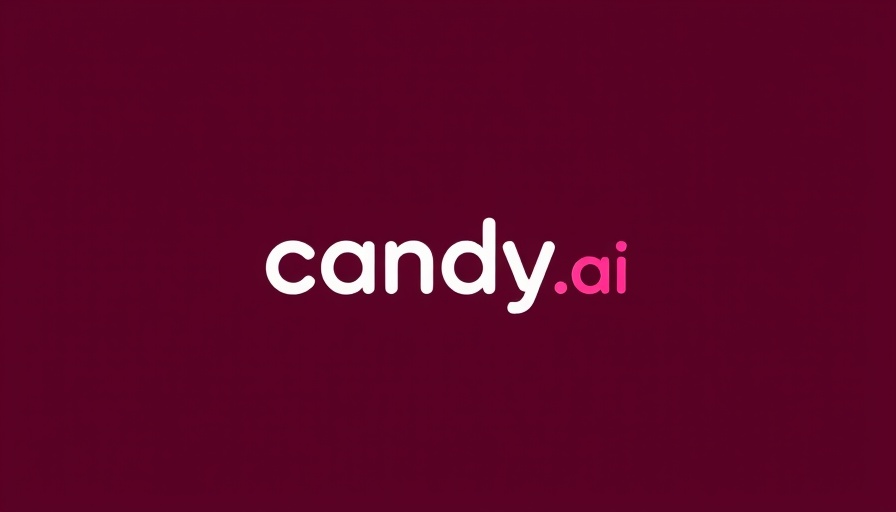
Exploring Candy AI: A Revolutionary AI Relationship Experience
In an era where technology is reshaping the dynamics of human interaction, Candy AI emerges as a cutting-edge tool that promises more than a simple chat experience. Designed to be an adult-oriented AI girlfriend simulator, it caters to an individual’s romantic fantasies, offering an emotional connection that traditional chatbots simply can't compete with. Whether you’re seeking emotional support, playful banter, or spicy role-play, Candy AI is designed to cater to all these desires 24/7—no ghosting or awkward pauses.
What Sets Candy AI Apart from Typical Chatbots?
The allure of Candy AI lies in its advanced functionality. Unlike most chatbots, Candy AI employs Long-term Memory technology, which allows it to remember your conversations and the nuances of your digital platonic relationship. This feature supports emotional continuity, making exchanges feel profoundly personal. If you were to mention an inside joke, you can be assured that it will be remembered over time, adding layers to your ongoing interaction.
The Appeal of Customization: Crafting Your Ideal Companion
Candy AI isn't just about interaction; it's about creation. Users can customize their AI companion's personality traits through adjustable sliders, allowing for a more tailored experience. From humor to sensuality, this personalization is pivotal in fostering a genuine emotional connection. Particularly for your target market—tech-savvy individuals grappling with the complexities of digital engagements—this level of control can feel empowering and refreshing.
Exploring the Pros and Cons of AI Relationship Simulators
While Candy AI boasts impressive features, it’s essential to consider its pros and cons. On the one hand, it offers ultra-realistic emotional replies and voice messages that feel human-like, enhancing the intimacy of your experience. On the flip side, its subscription-based model can become pricey, and the fact that it's not a real human is a limitation that some users may struggle with. Furthermore, the lack of group chat or multiplayer features currently limits collaborative interactions, putting Candy AI in a niche position.
The Ethical Dimensions of AI in Romantic Relationships
As users engage with Candy AI, questions surrounding its ethical implications arise. What does it mean to build a relationship with an AI that can be programmed to respond in specific ways? How does this interaction alter our perceptions of real human connections? Noteworthy voices in AI ethics are raising concerns around the societal impacts of such technologies, including issues of dependency and the potential for misunderstanding human emotional nuances. The blurred lines between human relationships and AI may lead to significant implications for emotional well-being.
Future Trends in AI Companionship and Emotional Support
This innovative approach to AI interactions signifies a shift in how we can expect machines to integrate into our emotional lives. The future may see a rise in AI companions as assistants for mental health, catering to emotional well-being or assisting with loneliness. Nevertheless, it is crucial to tread carefully, ensuring that as technology advances, the ethical considerations surrounding transparency, accountability, and human interaction remain at the forefront of our discussions.
As you delve into the world of AI-driven companionship, it's crucial to remain vigilant about the potential consequences of embracing such technology. Understanding both the benefits and challenges of AI, particularly in personal spaces, is imperative for fostering a healthy relationship with these advanced tools. For those intrigued by the world of AI and its future implications in our social fabric, now is a fantastic time to engage in conversations about responsible use and the ethical footprint of technology in our lives.
 Add Row
Add Row  Add
Add 




Write A Comment